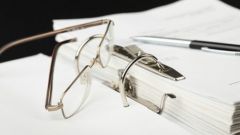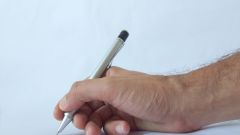Instruction
1
Define basic criteria for evaluating articles. For example: the opening theme; the presence of new (exclusive); the presence of a variety of expert opinions; stylistic flow, etc.
2
Try to understand how well the author covered the topic. If you are not an expert in this subject, read what was written previously. Interesting the article should contain new perspective on known issues, not to replicate banality.
3
Having found error, do not forget to tell about them in a reviewe, especially if we are talking about a scientific article, where the price of even small defects is very high. Don't be afraid to be meticulous, take your time in checking figures, tables, quotations of experts.
4
If you do not understand the article, it is not shameful to ask experts for clarification or ask the author to clarify what he meant. Not lose sight of the ambiguities, understand them, then your opinion will be the most complete.
5
Evaluating the style of presentation, pay attention to how easy it is to take. Enter for spelling errors, stylistic flaws, but don't be too picky, especially if the theme of the article is far from questions of Philology.
6
Be concise. If you understand that opinion is too lengthy, shorten it. To perceive a large amount of information difficult, you may miss something important.
7
Giving an overall opinion on the article, try to first highlight its obvious advantages, then move to disadvantages, and in the end be sure to mention again about the strengths of the material.
8
Be polite, let the author know that you don't intend to hurt him. Give some valuable tips, tell me how you fully cover the topic. In this case, the author must heed the criticism, and your work will be in vain.




